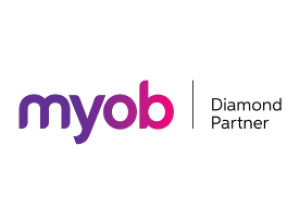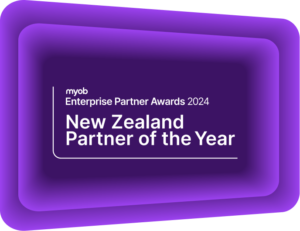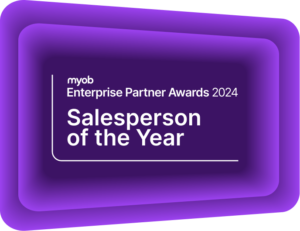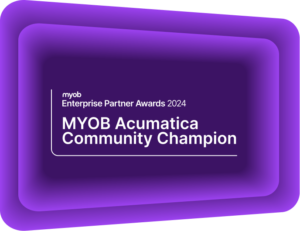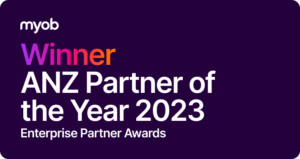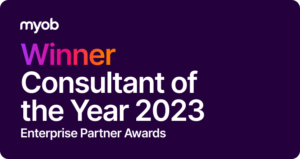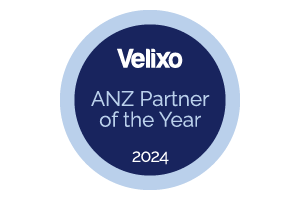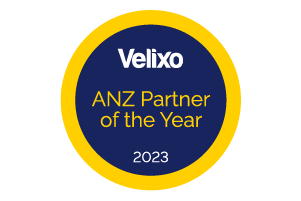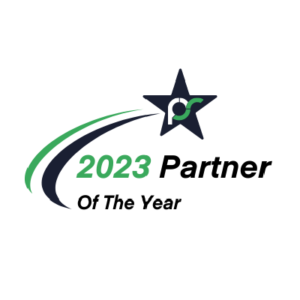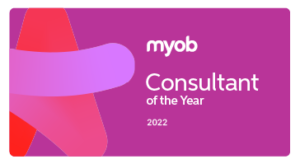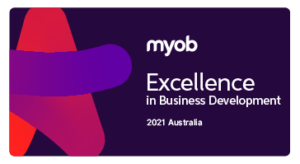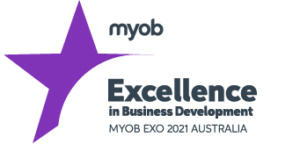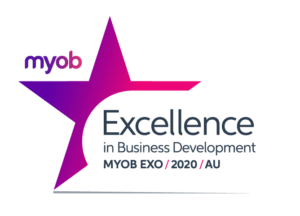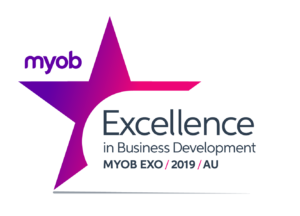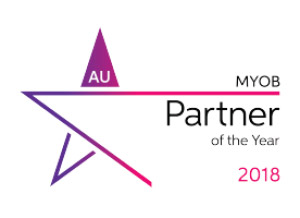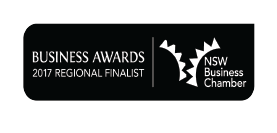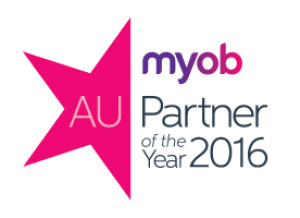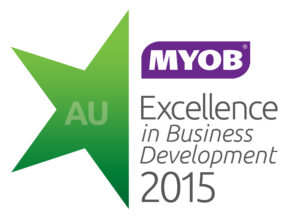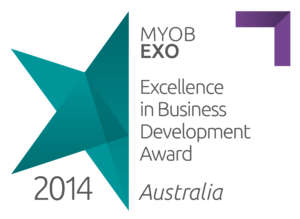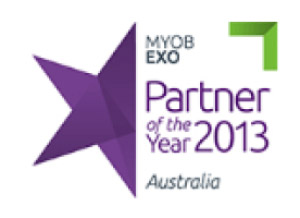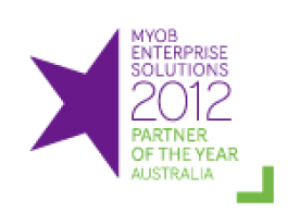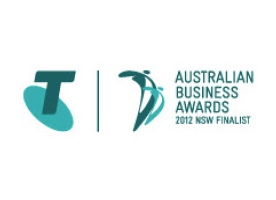How to Select an ERP
Unsure of how to get started on your ERP journey? Discover how to select the right ERP for your organisation’s needs.There are many different types of Enterprise Resource Planning (ERP) systems available to Australian and New Zealand organisations. Without a software expert to guide you along the journey, it can be difficult to know which ERP to select. Trust the advice from the Kilimanjaro Consulting team when it comes to making your way through the ERP selection process.
What is an ERP system?
ERP is an abbreviation for enterprise resource planning software. These systems are also known as business management platforms and can collect both financial and non-financial aspects of their organisation. An ERP is the next technology step to take once you begin to outgrow an “off-the-shelf” accounting system. For example, a business may need separate systems to manage inventory, projects/job costing, point-of-sale, fixed assets, payroll, and more. An ERP system combines these components in one single business management platform. This eliminates the need to duplicate data between these individual systems and your accounting software. Consolidated information means you can quickly extract accurate reports that balance with the general ledger, which leads to easier and more transparent decision-making.
How do I know when I need an ERP?
As businesses grow, they become more complex. There are some common signs that appear which may indicate that you need an ERP. Typically, a business will start creating reports in Microsoft Excel and doing reconciliations to make sure that these reports tie back to the accounts. Therefore, manual processes start becoming cumbersome and taking up large amounts of time. The company starts looking for ways to become more efficient. The number of people requiring access to information increases. Access to real-time information across the organisation is a primary driving factor in moving to an ERP system.

Making your way through the ERP Selection process eBook
Download now8 Criteria to choose the right ERP
Buying an ERP system is like buying a car. There is an enormous array to choose from. The best approach is to first define your requirements and then look for systems that meet those requirements. Buyers often get overwhelmed by enthusiastic salespeople telling them about all the bells and whistles. It is best to ignore this tactic and to focus on your core functionality requirements.
Business Requirements
Every organisation is different – your complexity and unique processes are what have contributed to your market advantage and growth. The best system is the one that meets your requirements without compromising your existing processes. The right system will be adaptable and configurable to your processes, while leaving room for future growth and business process improvement.
It is up to the intricacies of each system and the configuration as to how the different modules work together and their strengths and weaknesses. The combination of software and implementation determines if a particular system will be a good fit for your organisation.
Consider also the deployment of the ERP system and how you will access it. Modern ERP systems are cloud-based. However, on-premise or hybrid systems might be more appropriate for your organisation:
- On-premise ERP systems live on servers at your physical premises. They are effectively hard wired into your local network.
- Cloud-based ERP systems store and access your data in the cloud via a dedicated application or web browser.
- Hybrid cloud solutions involve the integration of on-premise data sources with cloud environments, creating a seamlessly connected infrastructure.
- A multi-cloud approach involves hosting and storing multiple elements of your ERP and business management system with different hosting providers.
ERP systems are sophisticated and detailed and operate in unique ways. Trust the advice and guidance of an ERP expert when selecting the right ERP for your organisation.
ERP Features
Most modern ERP systems are built on a modular architecture. Modules are building blocks of functionality that make up the complete business management solution. They are designed to fit together, seamlessly integrated, so that data flows across the system in real-time. Instead of managing your business through a disconnected suite of individual products, a modular system allows you to connect everything within a single source of truth.
Modular systems also allow cost flexibility as you move into the world of ERP. You only pay for the modules that you use, and you do not need to implement every module. As your organisation continues to grow, supported by the efficiency improvements from your ERP system, you can add more modules to manage additional functionality.
Examples of ERP Modules and the features they bring:
- Financial Management – Essential – General Ledger, Debtors and Creditors, Multi-Currency, Deferred Revenue, etc.
- Human Resources Management – Highly Recommended – Payroll, Leave Management, Onboarding, Timesheets, etc.
- Customer Relationship Management (CRM) – Highly Recommended – Customer Database, Marketing Automation, Sales Pipelines, etc.
- Project Management – Project billing and accounting, Estimating, Budgets and Forecasts, Retention Accounting, etc.
- Supply Chain Management – Purchase Orders (PO), track stock across multiple locations, Barcoding and scan-in/out, Multiple cost valuation methods (FIFO/LIFO), etc.
- Production – Manufacturing, Bills of Materials (BoM), Material Requirements Planning (MRP), Scheduling and Capacity, etc.
- Business Intelligence and Analytics – Dashboards and report visualisation, real-time data visibility across the organisation, monitor and track KPIs, etc.
- Compliance and risk management – Audit trails and reporting, document management, risk assessment and mitigation, etc.
ERP implementation and training
ERP systems require a dedicated implementation partner and implementation project to be configured and customised to fit your organisation’s requirements. Choose a trusted, experienced partner for the implementation journey and for ongoing support. Implementation carries its own risks – something that an experienced partner can help you safely navigate. An ERP system cannot be implemented without a professional service provider. This is one of the main differences between an accounting system and an ERP system.
A failed ERP implementation can result in financial losses, decreased productivity, low team morale and damage to your organisation’s reputation. ERP implementations fail or hit turbulence when both the client and implementer fail to properly understand each other and manage risk.
Any software implementation comes with inherent risks:
- Software risk – will the new system do what we need it to do?
- Implementer risk – does the implementing team have the skills required to fulfil the sales team’s promise and unlock the potential of the software?
- Self-inflicted risk – can your own team devote the appropriate resources to the implementation?
Following a structured implementation methodology is a key aspect of managing risk. The Kilimanjaro Consulting team has developed our methodology through years of experience and successful implementations. Training is included as part of your implementation, so that your team are confident and capable in the system when you go live.
Ongoing support and business process improvement
An ERP system is a tool that can be continually honed and improved – especially as your organisation changes and grows in the future. A successful implementation should flow into ongoing support and business process improvement. Companies that fail to improve their systems over time eventually lose their competitive software advantage and fall behind the competition.
Your choice of implementation partner plays a role here as well. The partnership should be a lifetime one; the lifetime of an ERP system in your business should be at least 7-10 years. The consultants that implemented your system are in the best position to offer support and future customisation. They understand your system, your complexity, and processes – including what decisions were made at implementation and why. This ensures both efficient support and case resolution, as well as future customisations that are compatible with your current configuration.
ERP integrations
ERP systems rely on real-time data flow across the organisation. The different modules will be integrated by default – but an ERP system should allow connection to other external systems. Any time wasted on manual data duplication slows down operations and compounds the risk of error or poor customer experience. Choose an ERP system with a flexible and configurable Application Programming Interface (API) to streamline integrations and build a completely bespoke system.
The ability to integrate multiple systems is becoming as important as specialised technical knowledge. While an ERP system can cover a large majority of your financial and operational needs, software systems have been developed to meet more specialised industry and organisational requirements. These add-ons do not have the all-encompassing business management potential of an ERP but still offer avenues to improve efficiency for organisations that meet the use case. Kilimanjaro Consulting recommends and supports a set of best-of-breed connected applications that are proven to extend the capability of your system:
- Phocas, Velixo, or BI4Cloud for Business Intelligence and Reporting
- Netstock for inventory management and inventory KPIs
- eveXso for warehouse management
- TIG Freight for streamlined shipping and distribution
- ProSpend (formerly expensemanager) or Dataline for Accounts Payable automation and expense claims
- ezyCollect for automated Accounts Receivables
- Timetrak for job management and time capturing.
Via the API, the add-on product will interact with the ERP through standard web service protocols. Every normal operation of the add-on application is available through the API; however, login-specific access can still be configured for additional security and to streamline workflows.
ERP customisation
When you invest in an ERP solution, you expect it to support your organisation for years to come. Configuring and customising the system to fit your requirements makes your company more efficient – this is an important, necessary process in the implementation.
Every organisation is different and unique. For larger, more complex companies, it is important that your established workflows are reflected and optimised in your ERP system. Choose an ERP system that can be totally customised to suit your current processes. It should be able to be constantly upgraded and adapted to fit your organisation’s needs and grow with you into the future.
To do this will require a close partnership between your team and your implementation partner. The agreed design should encompass your current needs, your unique competitive advantages, as well as provision for the future.
There are numerous benefits to tailoring your ERP to better suit your organisation’s requirements. A system that is customised for your team will:
- Better support your specific and unique workflows,
- Boost efficiency by removing the need for manual duplication across disconnected systems,
- Streamline your operations by only giving you the functionality you really need,
- Do more for your organisation than a typical off-the-shelf accounting package,
- Extend your team’s reach as you grow and become more complex.
Industry expertise
Choose an ERP system and implementation partner that can support the requirements of your unique industry. Just as each organisation is unique, so are the requirements of your industry. Some ERP systems are better than others when it comes to supporting different industry needs. Compliance, workflows, best practices, and modular functionality all play a part in how an ERP system can meet your needs. The implementation partner must also understand the industry, advise best-practice approaches, and configure the system properly.
Price
There are several factors to consider when it comes to the cost of an ERP system:
- Implementation cost – consulting fees charged by the implementer
- Licence Fees – paid to the software vendor
- Ongoing support fees and training costs – paid to the implementer for any post-implementation work
ERP Implementation cost
For an ERP system, the largest upfront cost is the implementation. A mid-sized company should be prepared to spend in the region of $50,000 to $100,000 on the implementation. This depends on your exact requirements, the complexity of your business and the amount of training required. Other factors such as integrations will increase your investment.
The value is for the consultant’s time. Be very wary of implementers who claim that they can implement an ERP in less than 100 hours. Typically, you would be looking at between 200 hours for an entry-level implementation and up to 1000 hours for a larger, more complex implementation. Consulting rates will vary between $150/hour and $300/hour, depending on the complexity, implementer skills, and the charge-out rates of the implementing partner. A more complex organisation takes more time to understand, design for, and build out – which increases the budget required.
ERP Licence cost
Licences vary by ERP system. Some platforms have an Annual Licence Fee (ALF) that allows access to the system for an entire year. ALF are typically paid for the single licence, and you could be looking at multiple different ALF fees over the course of the year as new users are added and renewed. Software as a Service (SaaS) platforms are typically billed in a monthly subscription. This is a regular payment that goes up or down based on your usage, database size, licences, or other factors. SaaS models are typically faster to scale up or down as the billing phases are more regular compared to one annual licence.
Ongoing support fees
Ongoing support fees are usually billed monthly to line up with any SaaS subscriptions. Annual billing is not typically practical for ongoing support. Ad-hoc support may be more preferable, depending on your requirements, but will likely be more expensive per hour.
Contact our team to discuss ongoing support rates.
Is MYOB the right ERP for your organisation?
MYOB Acumatica is scalable, cloud-based enterprise resource planning (ERP) software localised by MYOB and powered by Acumatica. It provides organisations with a comprehensive set of tools for financial management, supply chain management, project management, Customer Relationship Management (CRM) and more. The software is designed to streamline business processes, integrate with various external systems, automate tasks and other business events, and provide real-time insights into key performance indicators (KPIs). It is suitable for large, complex organisations and can be customised to suit your specific requirements.
Why choose the MYOB Acumatica ERP
- MYOB Acumatica is a powerful business management platform with rich functionality to improve efficiency for your organisation. It has a sophisticated General Ledger and subaccounts structure to shape and support your existing processes.
- MYOB Acumatica has a suite of powerful modules to manage your Finance, People, Sales & Customer, Production, Supply Chain, Projects, and Field Service business capabilities.
- Kilimanjaro Consulting has the largest, most-experienced team of MYOB Acumatica implementation and support consultants across Australia and New Zealand. We follow a low-risk implementation methodology to ensure the system is set up correctly for your requirements.
- The Kilimanjaro Consulting team consists of farmers, not hunters. We forge long-term partnerships with our clients, helping them to improved efficiency now and into the future.
- MYOB Acumatica has an open REST-based API. This allows secure integration with other applications, including other web-based applications. You can integrate almost any other system into MYOB Acumatica.
- MYOB Acumatica is a modular and configurable system that can be totally customised to meet your unique requirements. Integrate modules, customise workflows and approval pathways, and automate mundane steps to support your team.
- MYOB Acumatica is built to meet the needs of a range of complex industries, including Construction, Multi-Entity Organisations, Professional Services, Manufacturing, Healthcare, Government and Public Sector, Education, Not-for-profits, Engineering, Financial Services, Insurance Providers, and more.
- MYOB Acumatica is SaaS based with a regular monthly subscription. Licences average about $170 per user per month, but every MYOB Acumatica site requires one full-user access licence valued at approximately $250 per month.
Taking the next step
Selecting an ERP system is not an easy task and advice from a trusted source will help you to make an informed decision. At Kilimanjaro Consulting we provide an initial, no-obligation, no-cost assessment and indicative budget. We are the largest and most experienced implementer of MYOB Enterprise Solutions and have helped many businesses over the last 11 years.
MYOB Acumatica gathers data across your entire operation. Whether it is reduced administration time, greater inventory control, or real-time reporting, MYOB Acumatica will improve efficiency in your business. Its integrated, modular design means it can become one Acumatica platform to manage your entire organisation.
If you would like to discuss your options with us, please call 1300 857 464 (AU) or 0800 436 774 (NZ) or email us for a consultation at sales@kilimanjaro-consulting.com. If you think you’ve made your decision about an ERP system, the next step is to think about what you should expect from your implementing partner.

